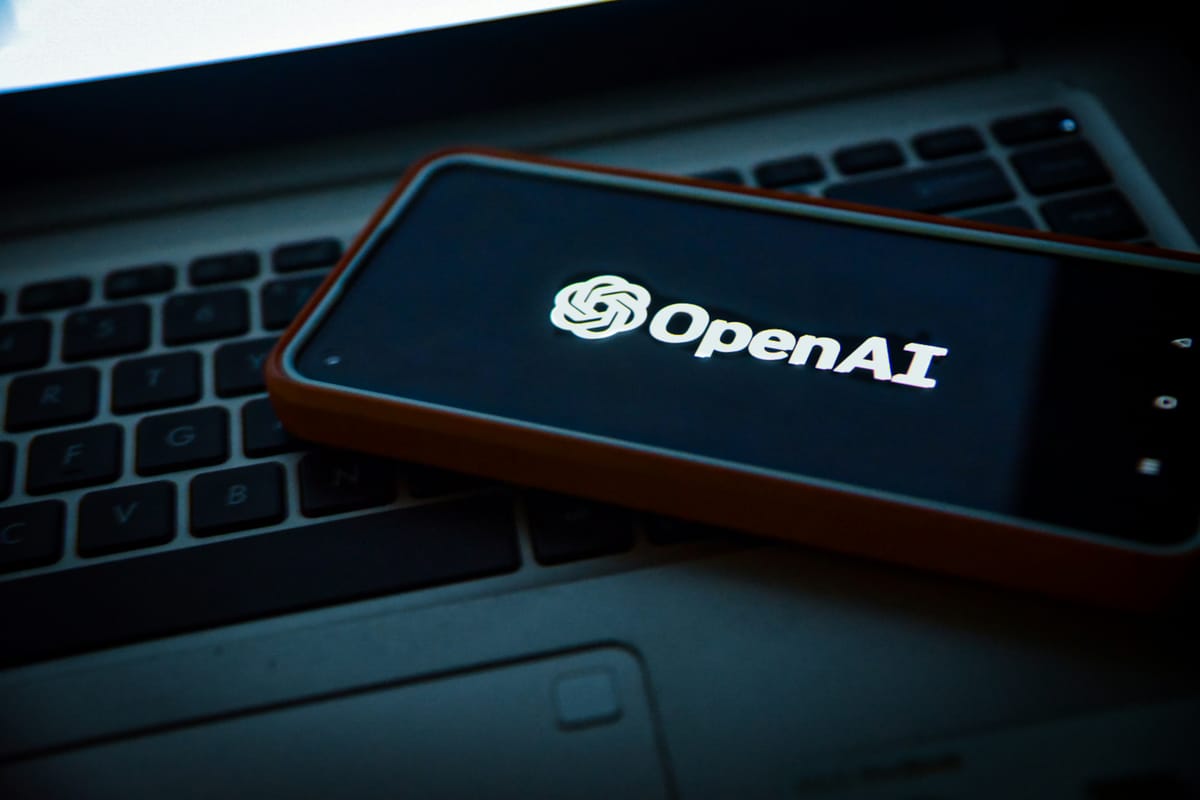OpenAI Strikes Unprecedented Cloud Deal with Google Despite Fierce AI Rivalry
In a move that has sent shockwaves through the tech industry, OpenAI has announced a major cloud computing partnership with Google, despite the two companies being locked in an intense battle for AI supremacy. This unexpected collaboration highlights the complex interdependencies that exist even among the fiercest competitors in the artificial intelligence space.
Breaking Down the Boundaries of Competition
The partnership, which sources estimate could be worth hundreds of millions of dollars over multiple years, sees OpenAI leveraging Google Cloud's infrastructure to support its growing computational needs. This deal comes at a time when both companies are aggressively competing for dominance in the generative AI market, with OpenAI's ChatGPT facing direct competition from Google's Bard and Gemini models.
What makes this arrangement particularly striking is the timing. Just months after Google launched its most advanced AI models to compete directly with OpenAI's offerings, the ChatGPT creator has chosen to deepen its infrastructure ties with its rival rather than rely solely on its existing partnership with Microsoft Azure.
The Strategic Calculus Behind the Deal
Diversification as a Competitive Advantage
OpenAI's decision to partner with Google Cloud represents a strategic diversification of its infrastructure dependencies. While the company has been primarily reliant on Microsoft's Azure platform since their landmark partnership in 2019, this new arrangement provides crucial redundancy and scaling capabilities.
Industry analysts suggest that OpenAI's computational demands have grown exponentially, with the company reportedly requiring massive amounts of processing power to train and run its increasingly sophisticated AI models. By spreading these workloads across multiple cloud providers, OpenAI can achieve better performance, reliability, and potentially lower costs through competitive pricing.
Google's Cloud Revenue Strategy
For Google, this partnership represents a significant win in its ongoing effort to challenge Amazon Web Services and Microsoft Azure in the cloud computing market. Google Cloud has been aggressively pursuing high-profile clients, and landing OpenAI—one of the most prominent AI companies globally—provides both revenue and credibility.
The deal also allows Google to demonstrate the robustness of its cloud infrastructure while potentially gaining insights into enterprise-scale AI deployment, knowledge that could inform its own AI development efforts.
Industry Implications and Market Dynamics
Redefining Competitive Relationships
This partnership illustrates how modern tech competition has evolved beyond simple zero-sum relationships. Companies can simultaneously compete in some areas while collaborating in others, creating what experts call "coopetition"—a blend of cooperation and competition.
Similar arrangements exist throughout the tech industry. Amazon, for instance, continues to use Microsoft Office products while competing with Microsoft's AWS through its own cloud services. Apple relies on Google for search functionality while competing in smartphones and other consumer electronics.
The Economics of AI Infrastructure
The OpenAI-Google deal also underscores the massive infrastructure costs associated with developing and deploying advanced AI systems. Training large language models can cost tens of millions of dollars and require access to specialized hardware and vast computational resources.
By partnering with multiple cloud providers, AI companies can optimize their infrastructure spending while ensuring they have access to the latest hardware innovations, including cutting-edge GPUs and custom AI chips.
What This Means for the Future
Accelerated Innovation
Rather than stifling competition, this partnership could actually accelerate innovation in the AI space. OpenAI gains access to Google's advanced cloud infrastructure and potentially its custom Tensor Processing Units (TPUs), while Google benefits from hosting one of the world's most demanding AI workloads.
Market Maturation
This deal signals the maturation of the AI market, where companies are making pragmatic business decisions based on operational needs rather than purely competitive considerations. As the AI industry continues to grow, we may see more such partnerships between competitors.
The Bottom Line
OpenAI's cloud partnership with Google represents a fascinating case study in modern competitive dynamics. While the two companies continue to battle for AI market share, their willingness to collaborate on infrastructure demonstrates the complex realities of today's interconnected tech ecosystem.
For businesses and investors watching the AI space, this partnership signals that even the most intense rivalries don't preclude strategic collaboration when it serves mutual interests. As AI continues to reshape industries, expect to see more unexpected alliances that prioritize practical business needs over competitive posturing.
The success of this partnership could set a precedent for how AI companies approach infrastructure and competition, potentially leading to a more collaborative industry ecosystem that benefits innovation and end users alike.
